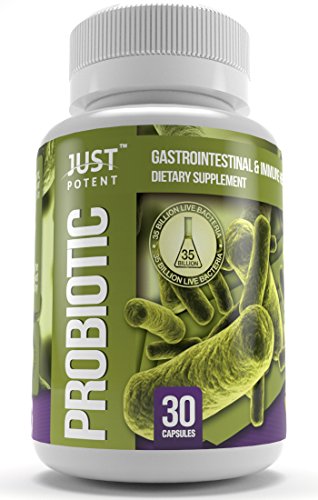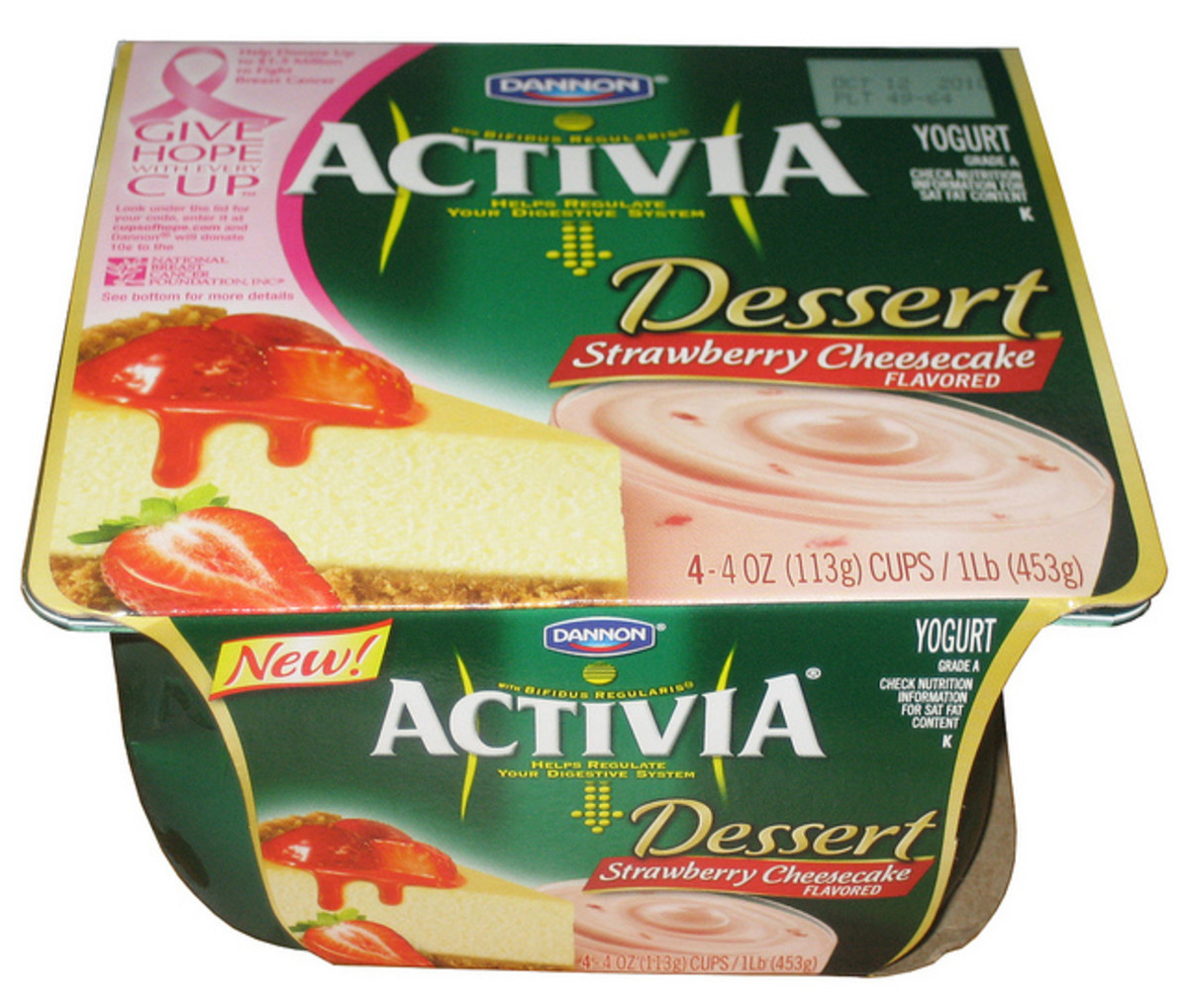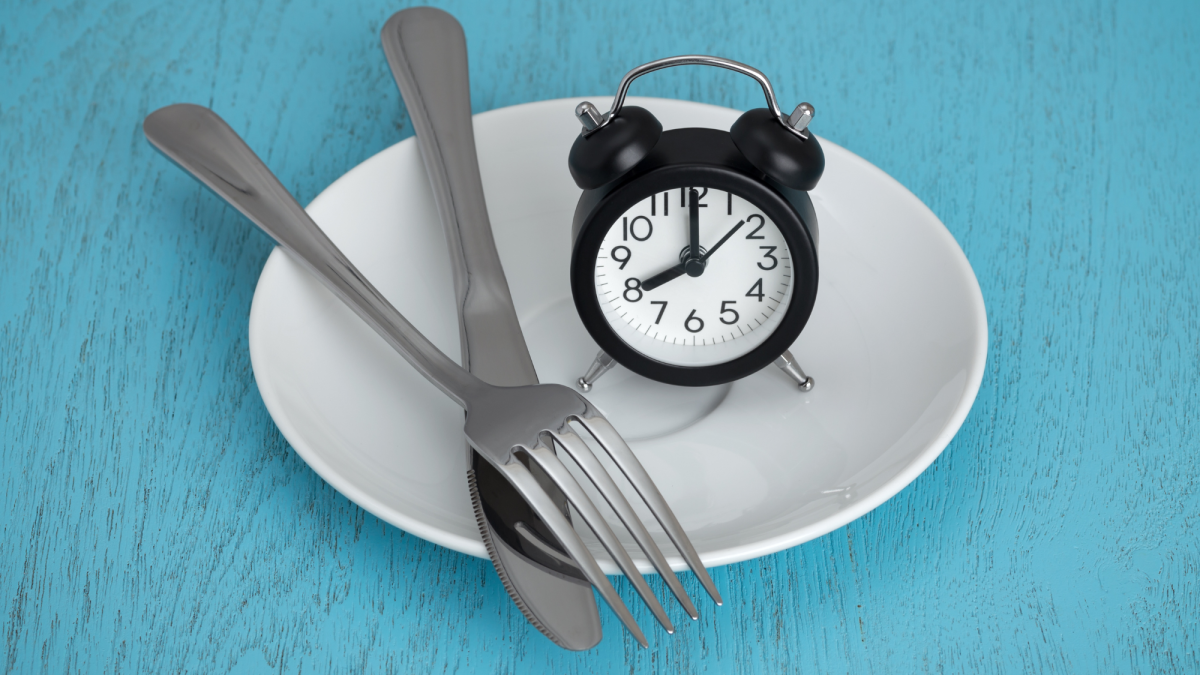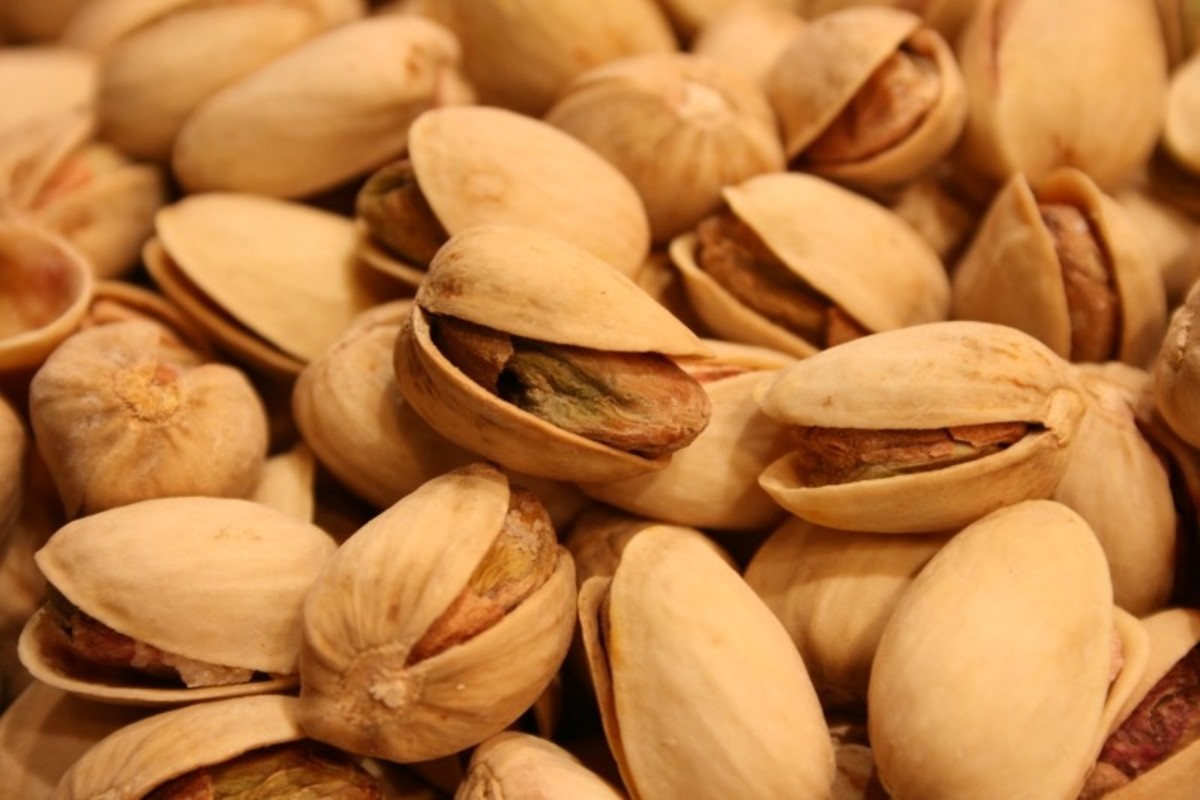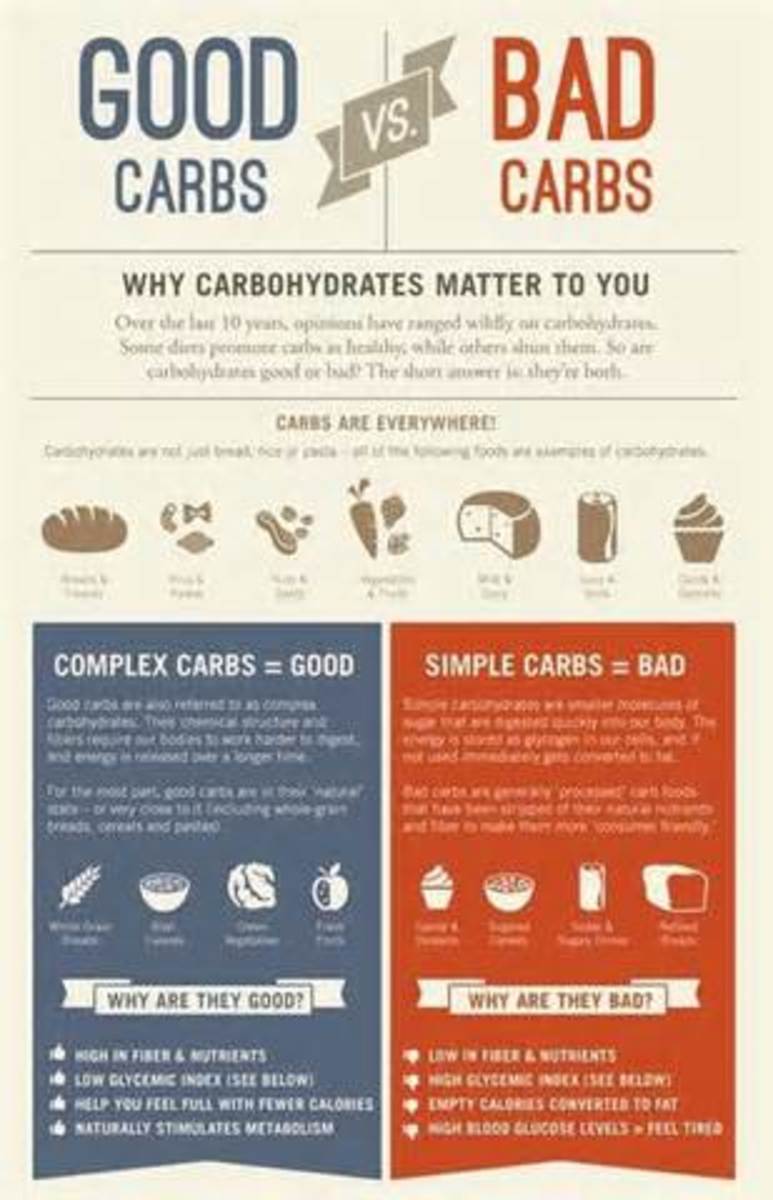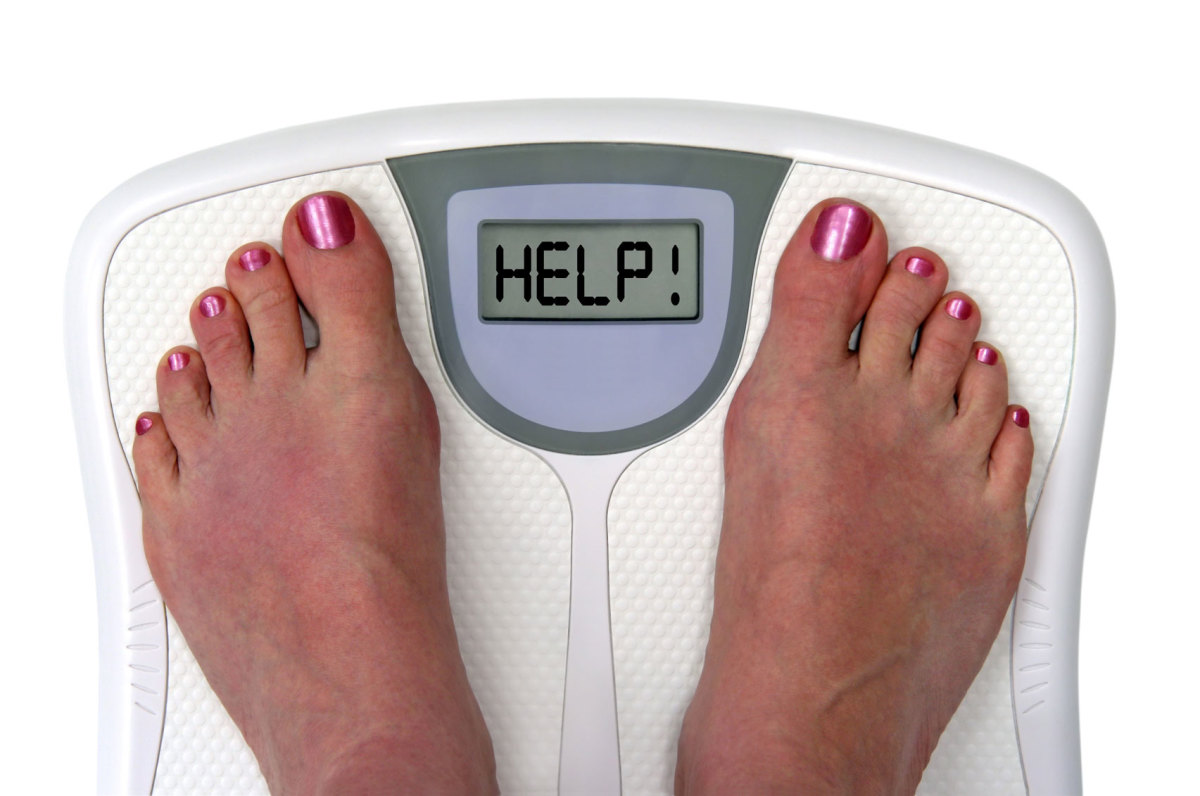Improving Your Digestion: A Key to Better Health
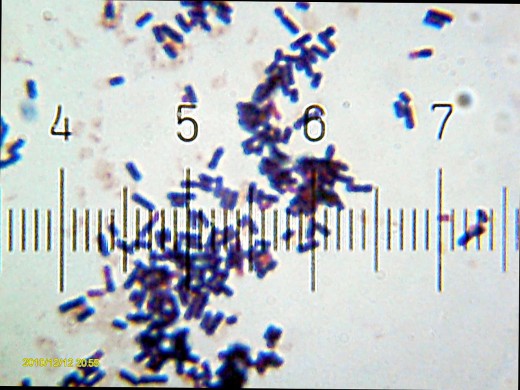
The Importance of Good Digestion
No matter where in life or location you are, you have quite frequently heard pitches about the importance of a good diet. Eating enough vegetables, drinking enough water, how much of this or that should you consume. There are even differing opinions on what constitutes a good diet, what should and should not be eaten. Most of them have some common things they agree upon, for example, not eating an abundance of sweets and refined sugar.
What gets far less attention than what goes into your mouth is what happens after that. What is often overlooked is the importance of good digestion. After all, what good does it do to eat the recommended amount of Vitamin K, for instance, if your body is only efficiently digesting enough for you to absorb 75% of that? Taking care to ensure proper digestion is just as important as the foods you are selecting to take in.
Probiotics
Probiotics are ingested microorganisms that are similar to beneficial microorganisms that naturally are found in your intestines. They are called "good bacteria", or "friendly bacteria".
They can be found in several sources. They are in fermented foods, such as cultured yogurt, kefir, some cheeses, and pickles. They can also be taken as a capsulized supplement. Start out with a mixture of cultures, they should include Lactobacillius. Blue algae is another very healthy source.
If you get them from food, be sure the food also has healthy properties in addition to having probiotics. It should not be too high in sugar.
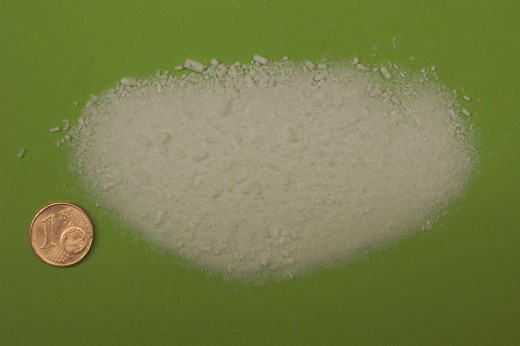
Get Enough Magnesium
Magnesium is the third most abundant element in sea water. Every single cell in the human body needs magnesium to survive. Your nervous system depends on it. Your bones and teeth depend on it, as well as the balance of your hormone levels. It also enables your body's natural detoxification methods to operate better, which will also help with digestion.
One easy way to get magnesium is to eat a couple of squares of dark chocolate with your meals. There are also magnesium supplements available. A third way, is to, as the ancient Greeks put it, "take the waters". Add Epsom salt to a warm bath, and you will absorb the magnesium through your skin pores. I would advise against drinking an Epsom salt solution under normal conditions, as magnesium sulfate can act as a laxative when taken orally. So unless you are suffering from constipation, use Epsom salt only topically.
Eat Smaller Meals Several Times Per Day
Many people experience bloating, gas, and other gastrointestinal symptoms from minutes to hours after eating an exceptionally large meal. This is not a coincidence. Your body is better able to digest smaller quantities of food at a given time. This can be especially important if you are already having symptomatic digestive problems due to another cause. When you figure out the amount of meals and a schedule that works best for you, try to stick to it consistently, if you can.
Improve Your Posture
Regardless of whether you are sitting or standing, being consistently slouched over can partially compress your organs, and prevent them from working at optimal levels.
It goes to the saying, "form follows function", bad posture has been linked to many symptoms of bad digestion from acid reflux to constipation. It will even render you more susceptible to hernias.
Quit Smoking
Along with a whole host of other health hazards, smoking can contribute to poor and inhibited digestion. Some of the most harmful byproducts of burning tobacco are nitrosamines. These compounds are not only carcinogenic, but they can also affect the pH of the intestines, making it less hospitable to good bacteria that function as digestive aids.
Increase Your Intake of Fat
While many people are advised by their doctors to up their fiber intake to battle their indigestion, some people have difficulty digesting it. Fats can facilitate movement in the intestine, preventing compaction and constipation. Make sure you choose your fats from good, natural, unprocessed sources. For more information about the nutritional value of fats, see http://cerebralaspect.hubpages.com/hub/Eating-More-Fat-A-Key-to-Good-Health
Destress
Excessive emotional stress has been proven to have an impact on digestion. Stress can activate the "flight or fight" operation in your central nervous system. Good digestion is heavily dependent on adequate blood to those organs. Stress reconfigures the priorities of your central nervous system in body functions. This can affect the secretions needed for digestion. Warm baths, massage, meditation, and other relaxation techniques should not be underestimated when trying to combat this problem.
Exercise
To reiterate, good blood flow is needed for good digestion. Both movement and the gravity of standing help food move along. Sitting all day long drastically slows both your metabolic rate and your blood flow. Get at least 30 minutes of moderately vigorous exercise per day, and move around as much as you can throughout the rest of the day.

